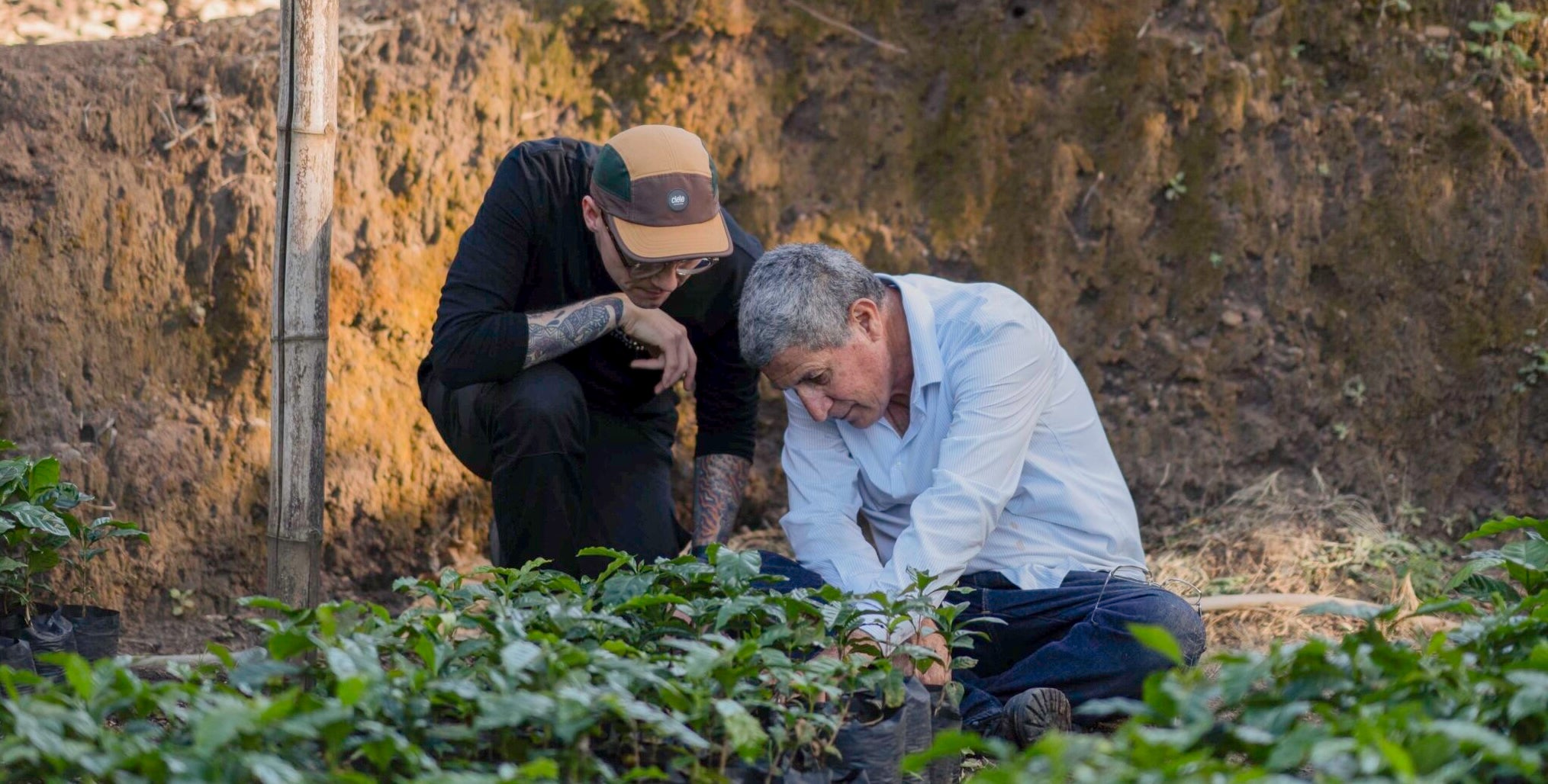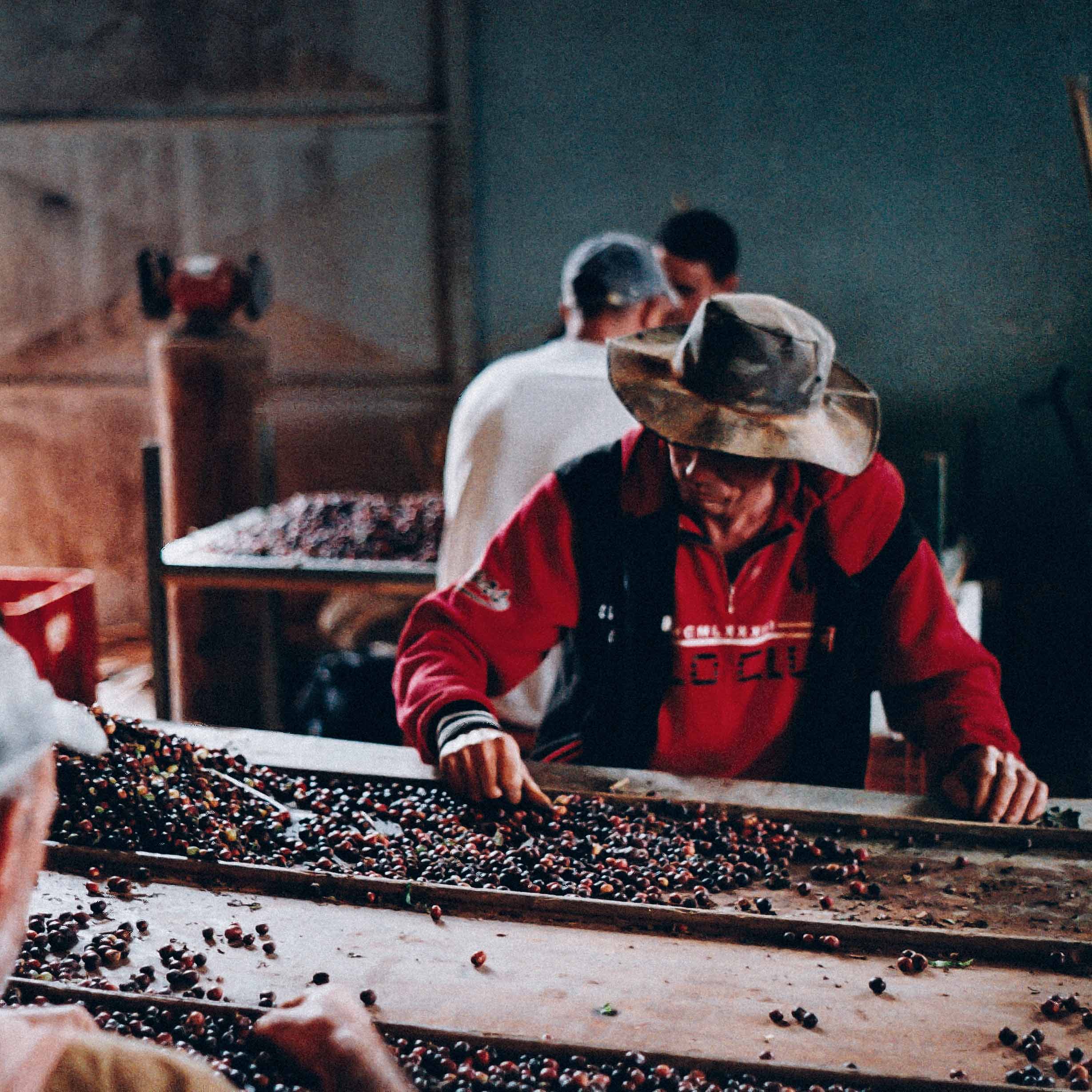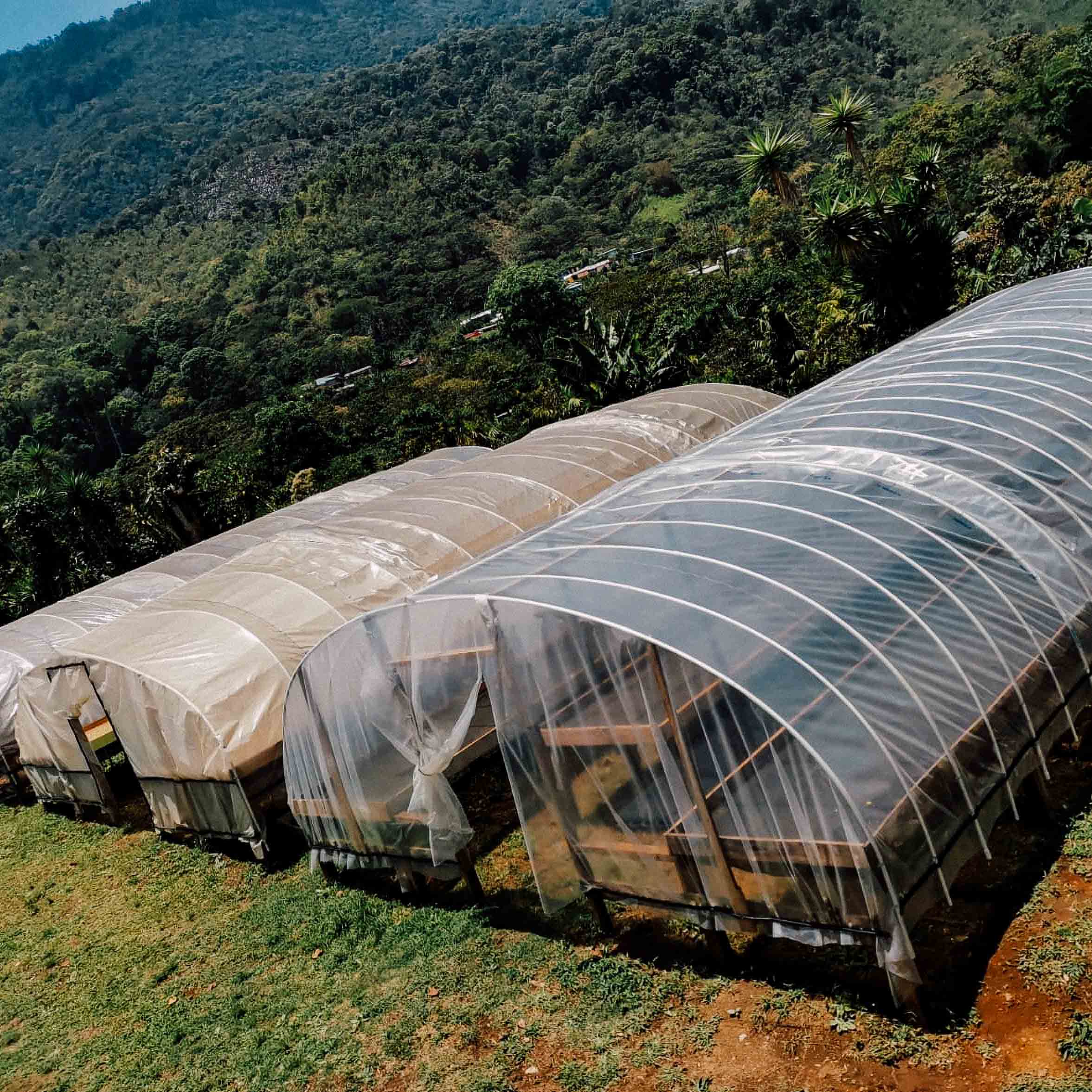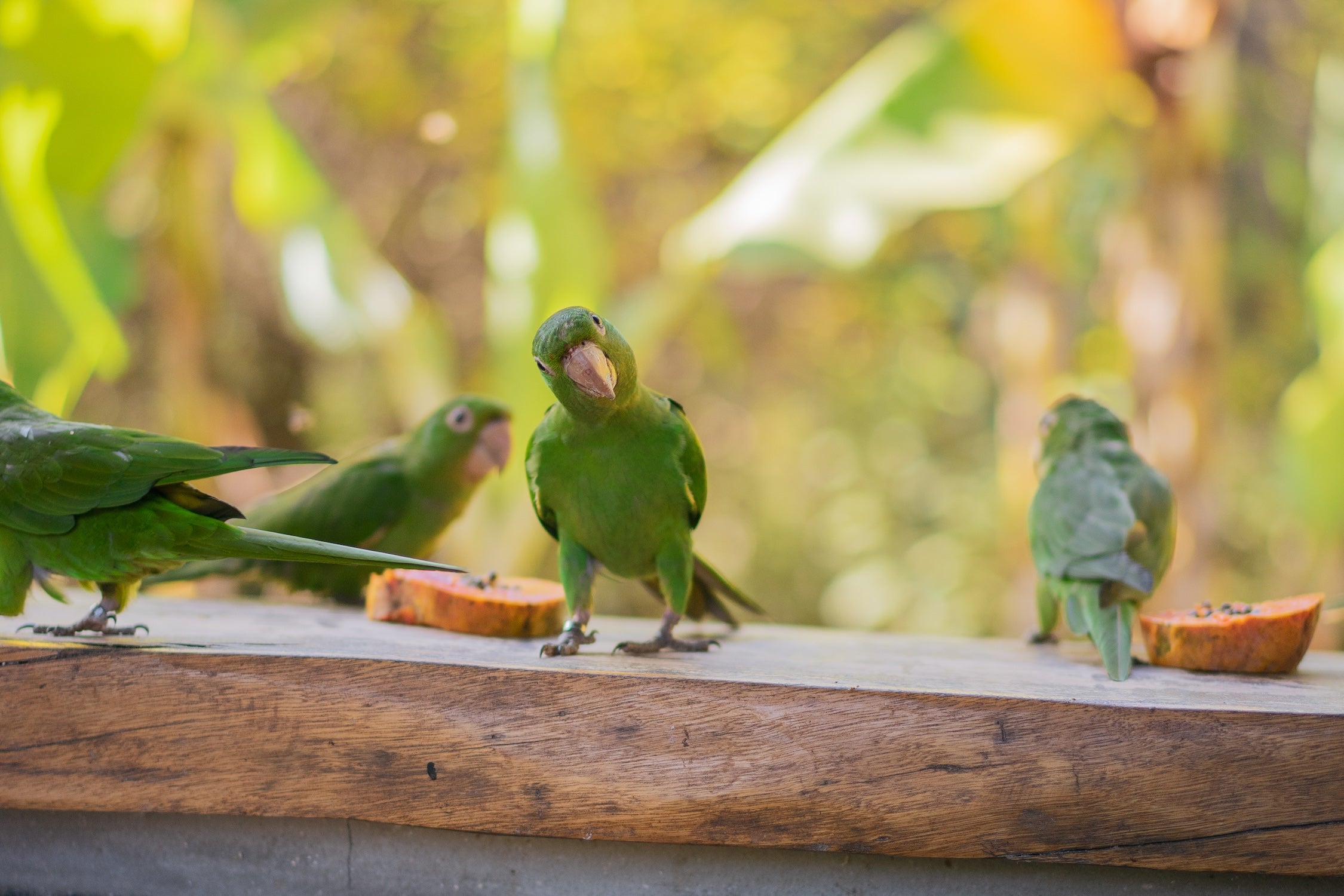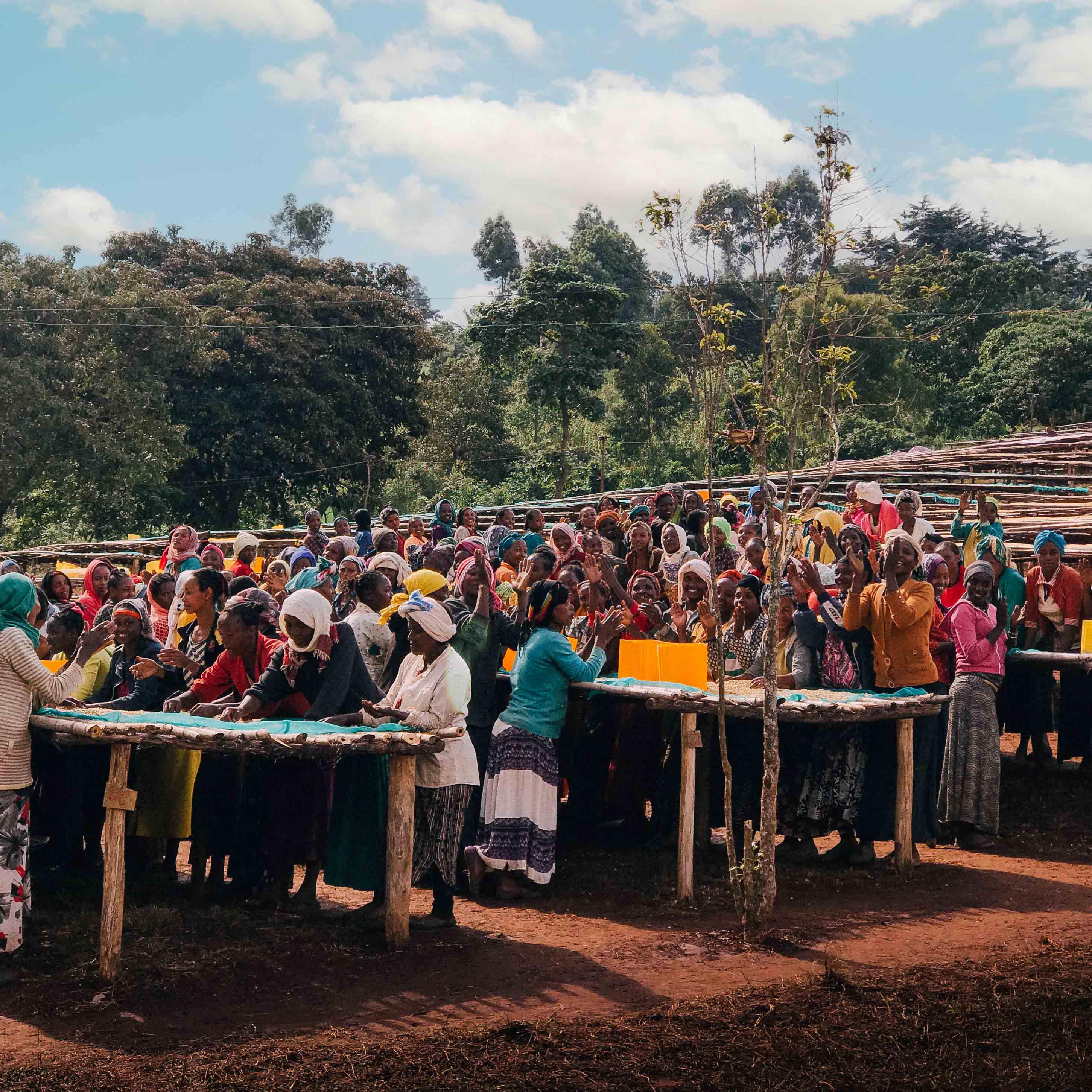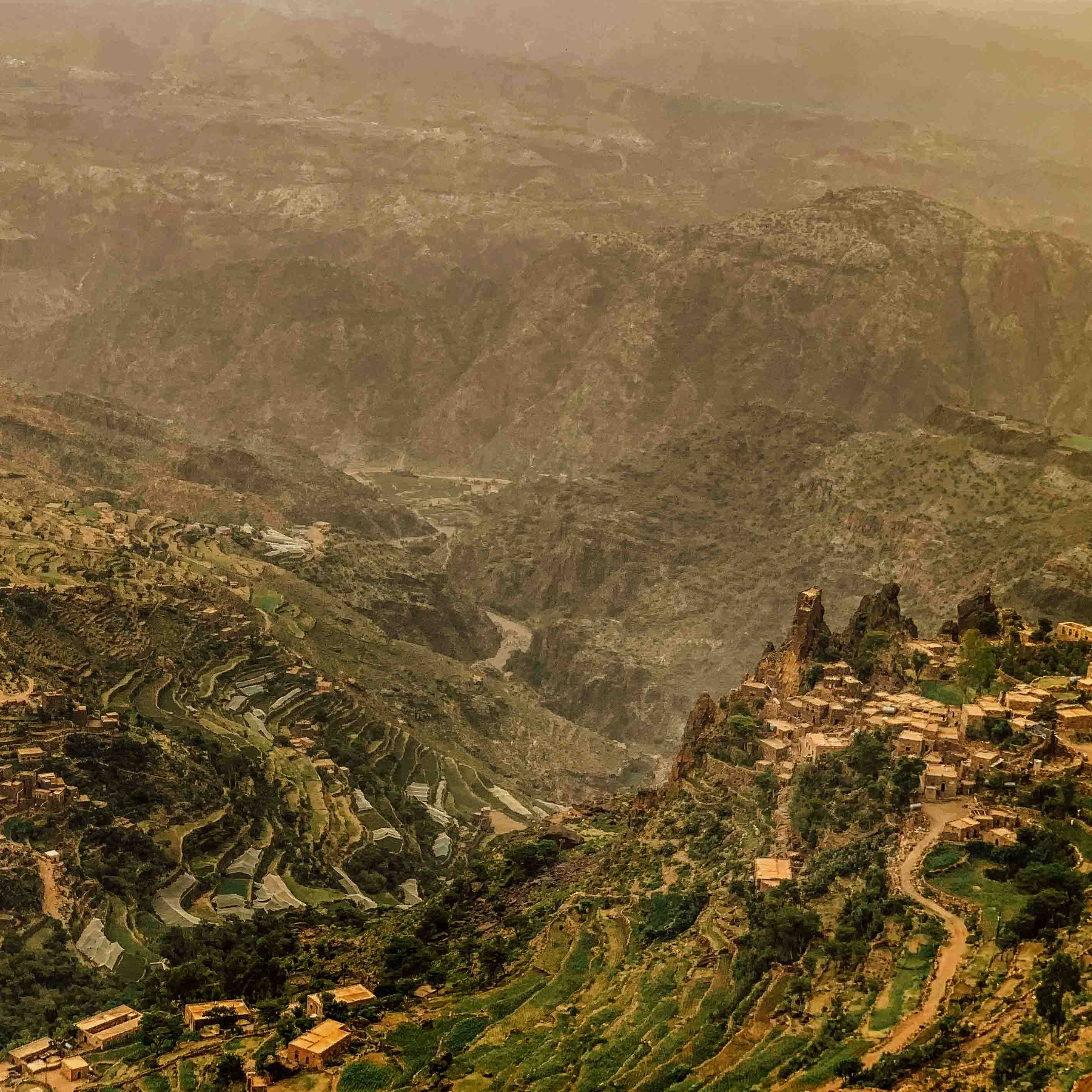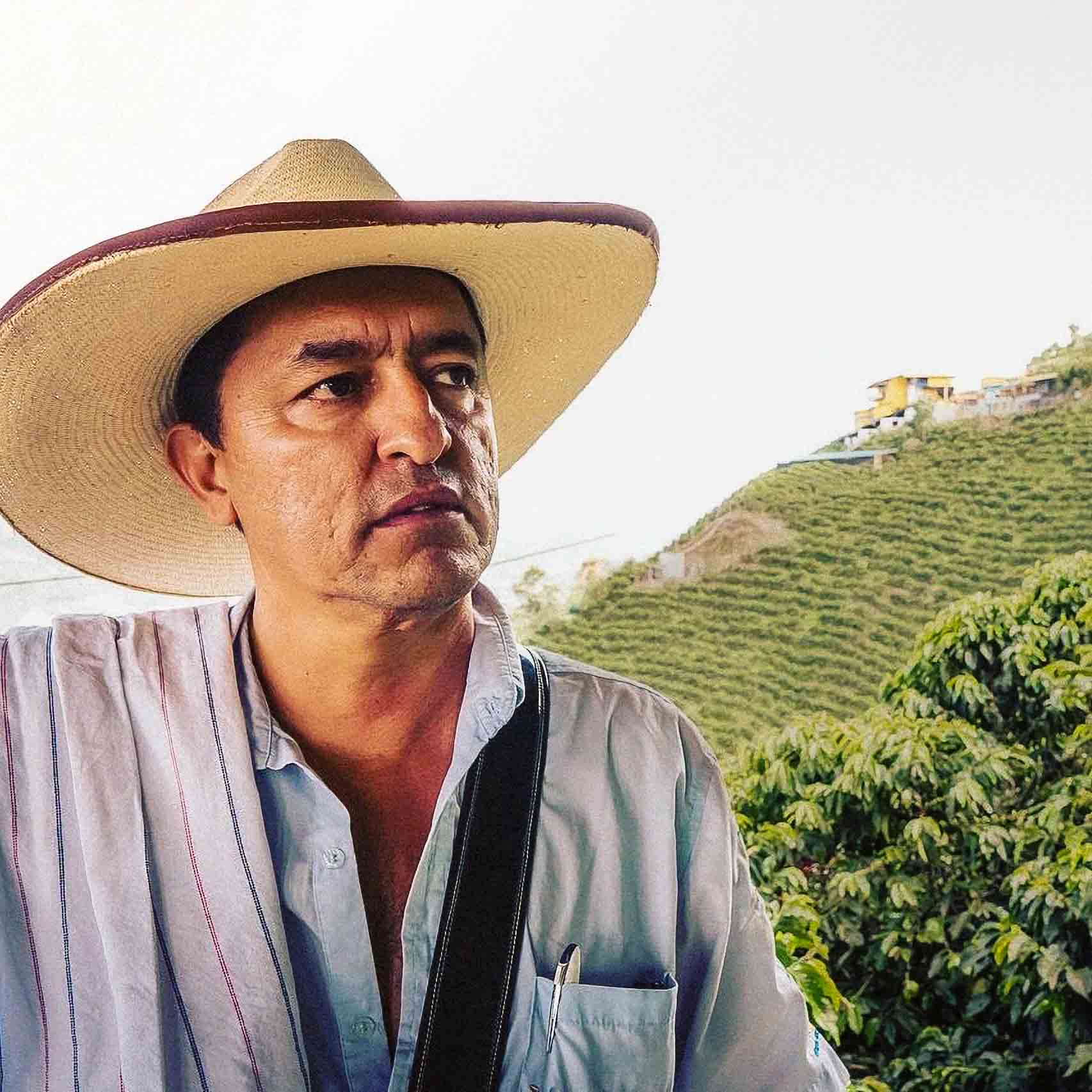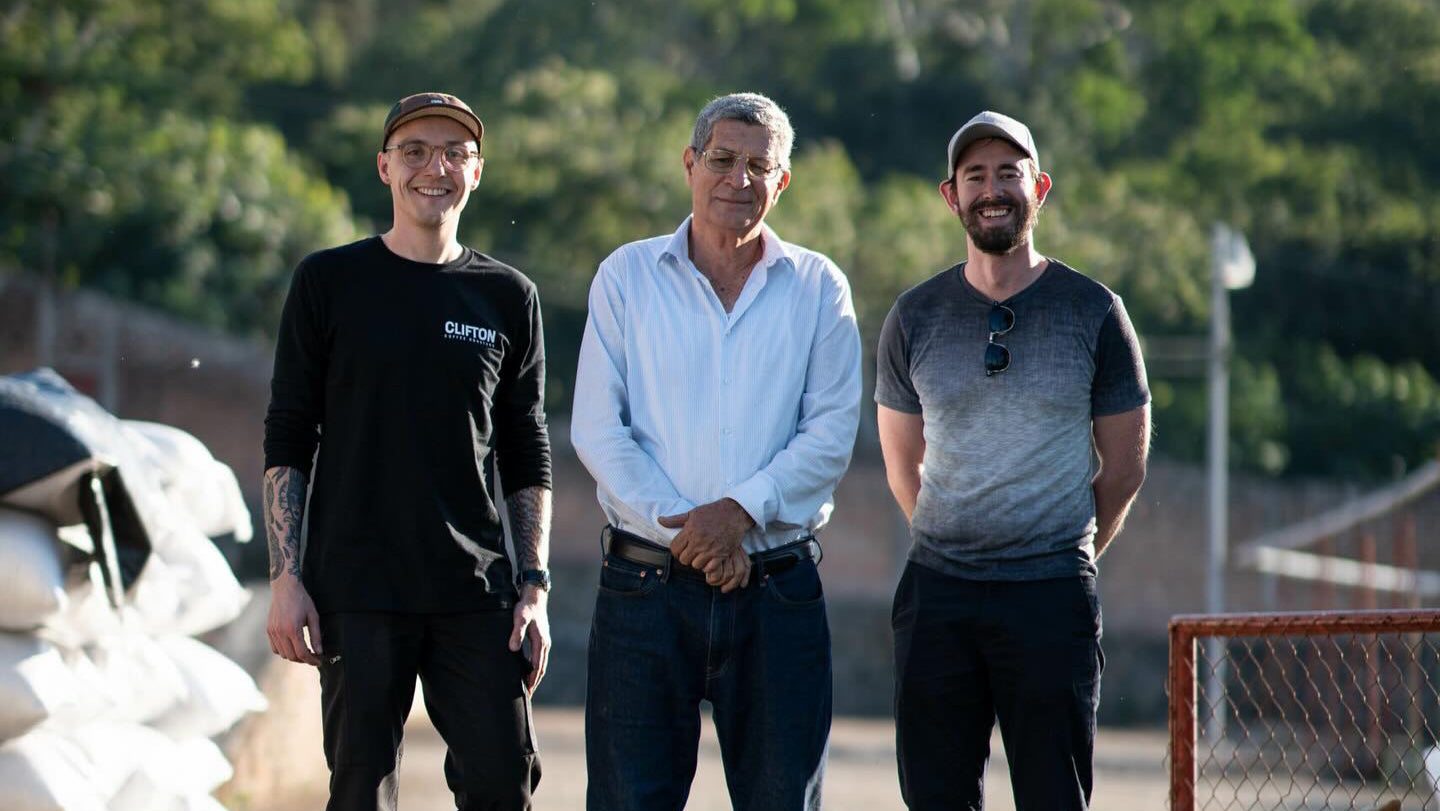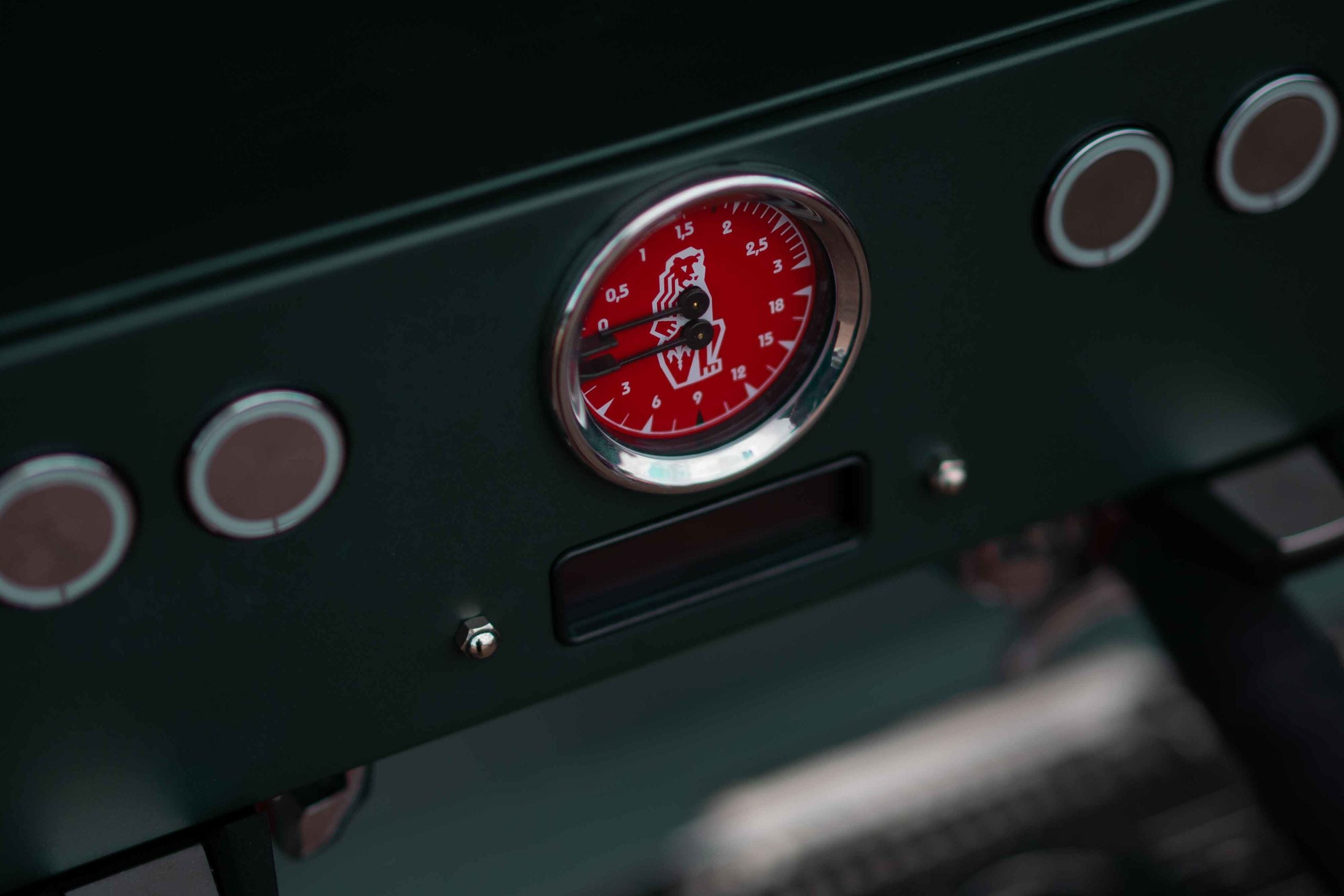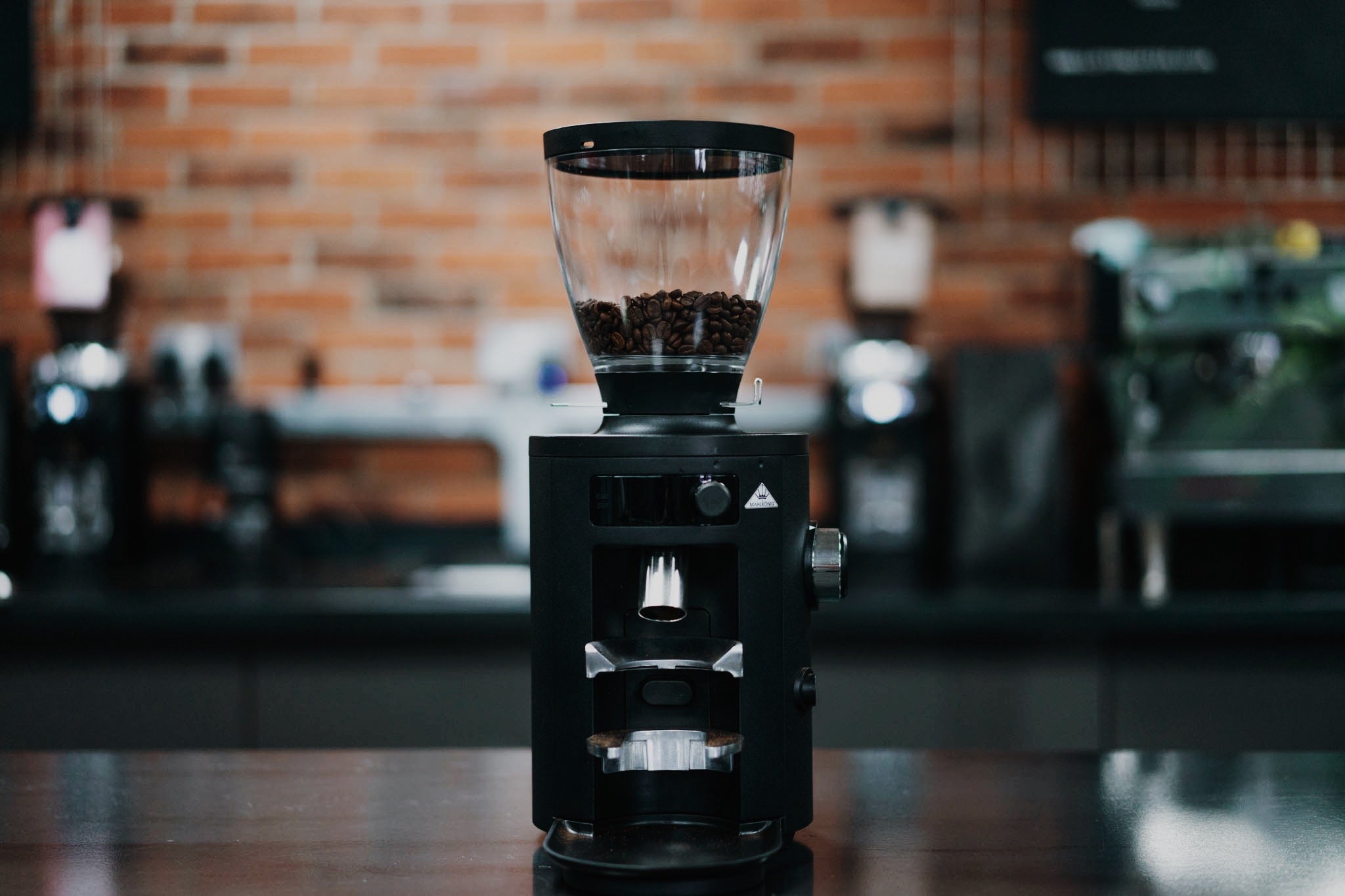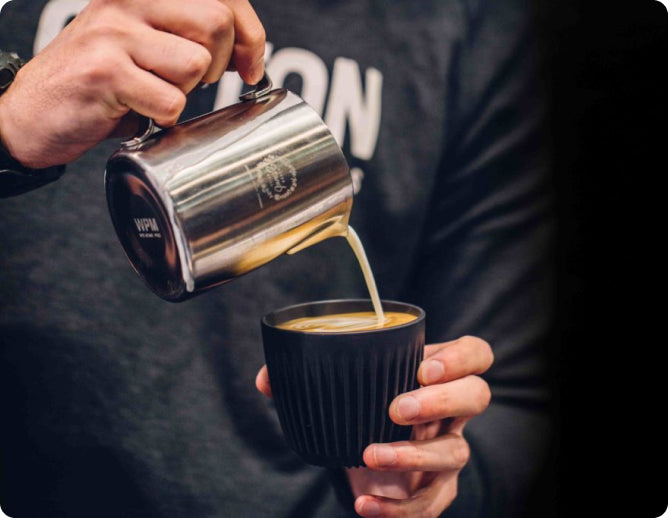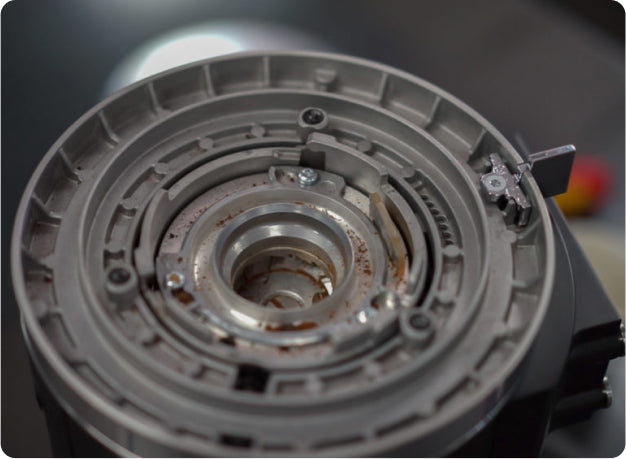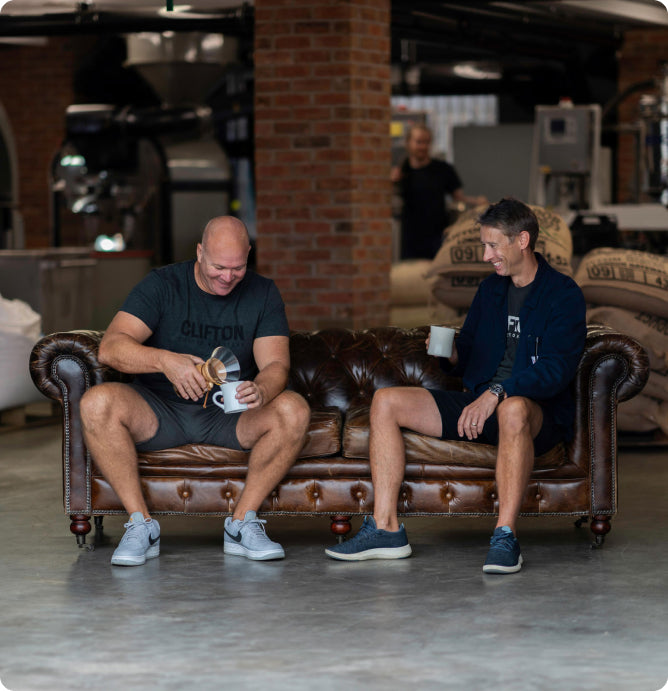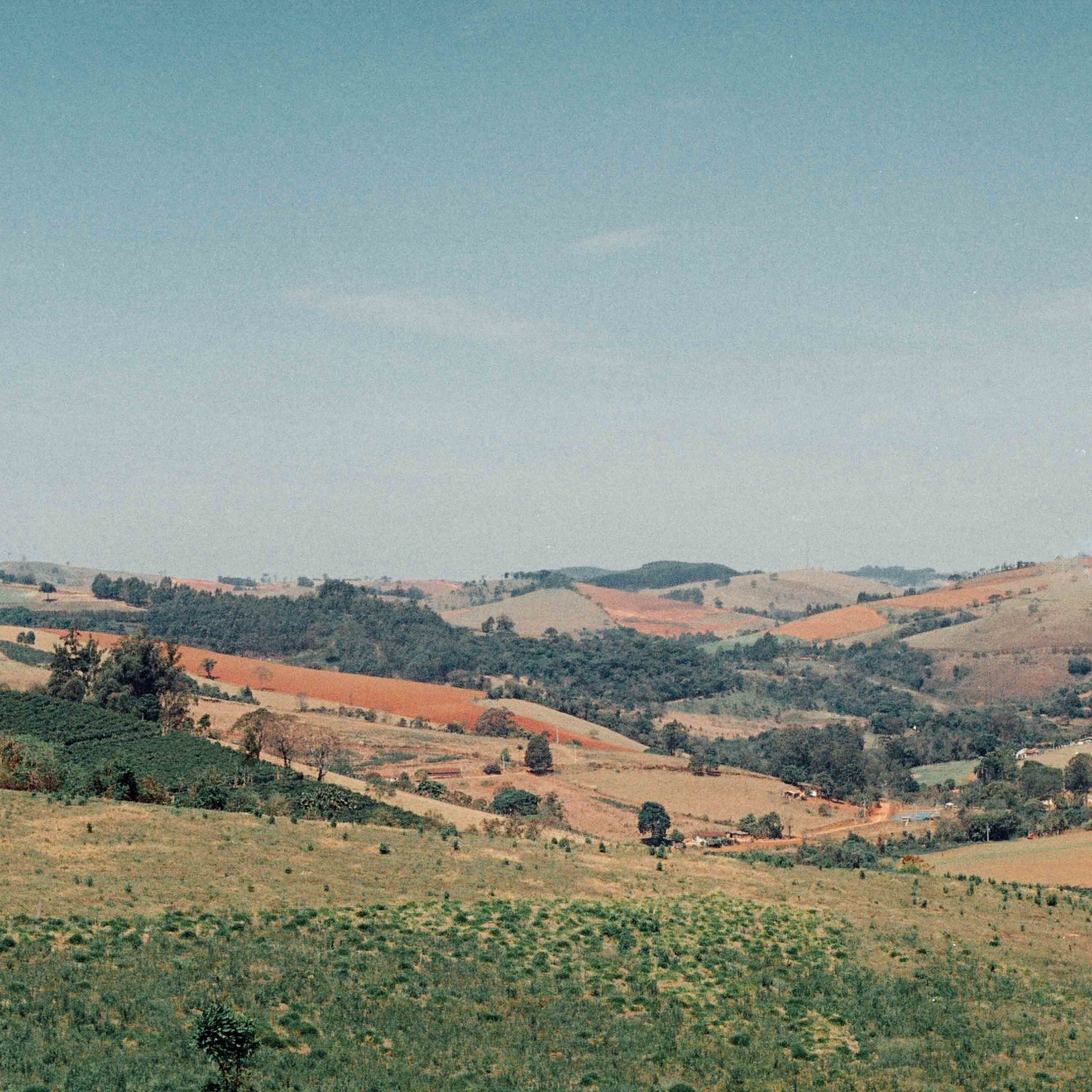Sourcing & Origin Films
Here at Clifton Coffee, we believe in transparent and ethical sourcing.
90% of our volume is bought directly from origin through our own relationships, with our sourcing team travelling the world, creating and maintaining partnerships and ensuring our buying program delivers across the three pillars of economic, environmental and socially sustainable trade.
We work closely with co-operatives, private exporters, NGO’s and Indigenous Rights Groups to ensure that the coffees we sell are ethical, free from exploitation, and truly traceable.
Learn more about our Single Origin speciality coffee ↓
